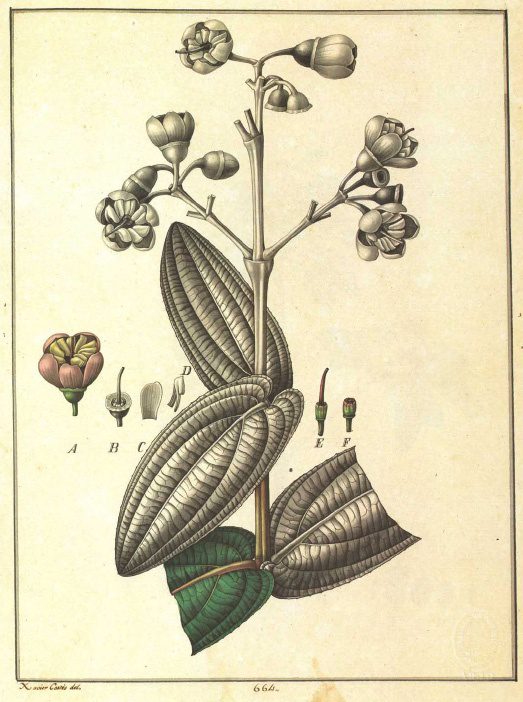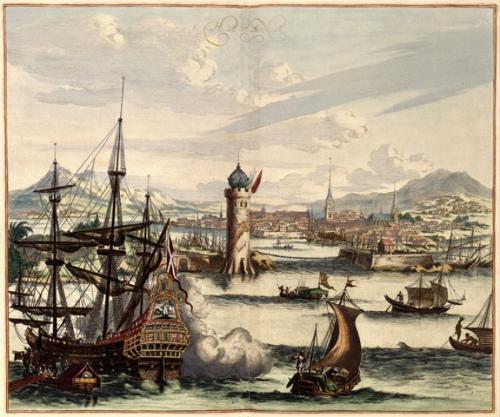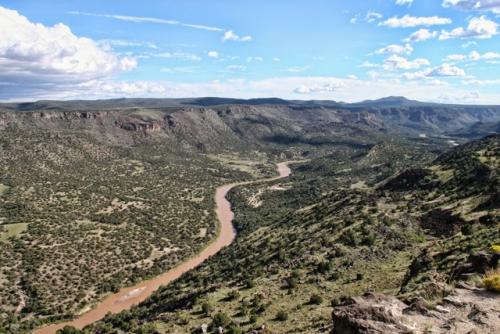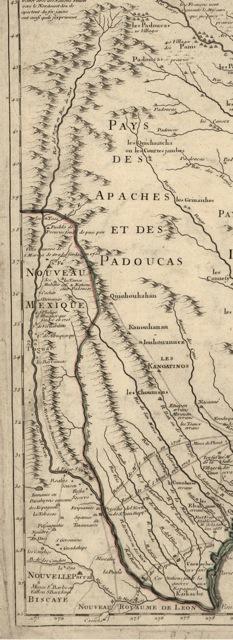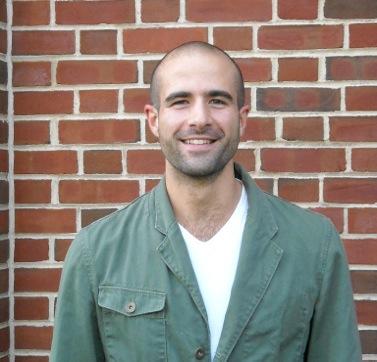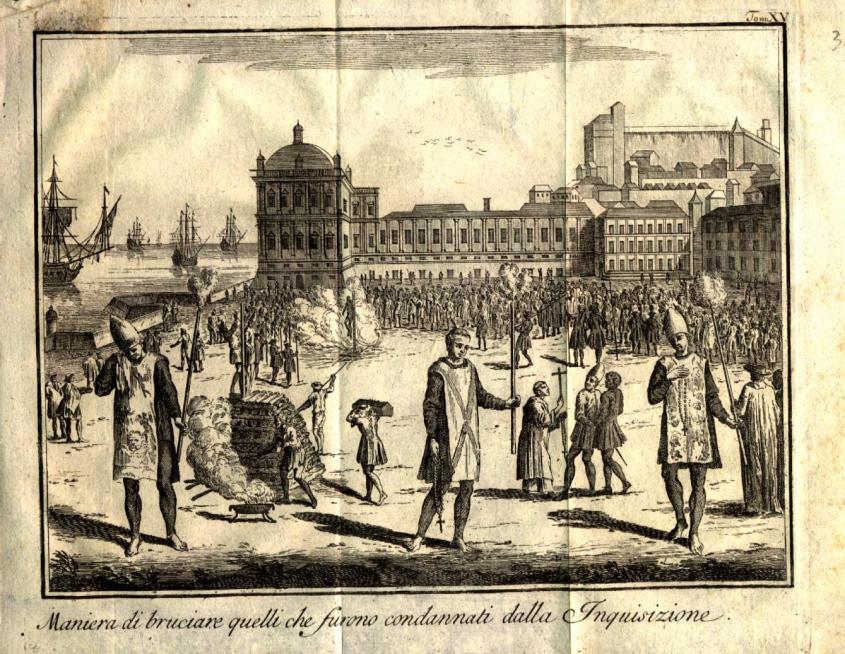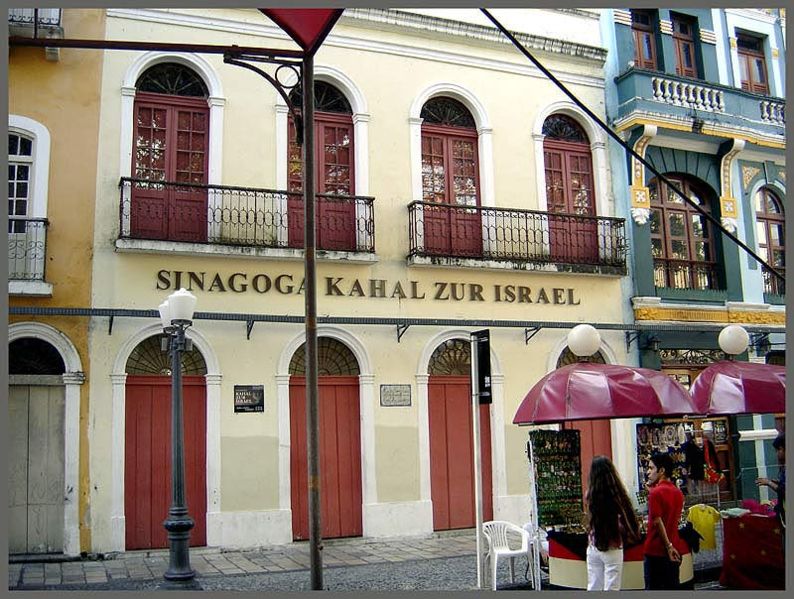By Edward Shore
Carlitos da Silva was an activist and community leader from São Pedro, one of 88 settlements founded by descendants of escaped slaves known in Portuguese as quilombos, located in the Atlantic Forest of Brazil’s Ribeira Valley. During the early 1980s, amid an onslaught of government projects to develop the Ribeira Valley through hydroelectric dams, mining, and commercial agriculture, da Silva defended his community against Francisco Tibúrcio, a rancher from São Paulo. In 1976, Tibúrcio falsified a deed to usurp lands belonging to the residents of São Pedro, a practice known in Brazil as grilagem. When da Silva and his neighbors refused to leave, Tibúrcio dispatched thugs to intimidate residents, burning down homes and setting loose cattle to trample the community’s subsistence garden plots (roças). Several families relocated to the sprawling shantytowns of Itapeuna and Nova Esperança, joining thousands of refugees from rural violence throughout the Ribeira Valley. Yet many others, including Carlitos da Silva, fought back.

A 1982 newspaper clipping documenting territorial dispossession of peasant communities in the Ribeira Valley.
Supported by Liberationist sectors of the Brazilian Catholic Church, da Silva and his neighbors pursued legal action against Francisco Tibúrcio and his associates. In 1978, they formed a neighborhood association, claiming collective ownership to their lands based on usucapião, equivalent to the English common-law term “adverse possession,” meaning “acquired by use.” Their militancy coincided with a wave of activism throughout the Brazilian countryside, as indigenous peoples, landless workers, and descendants of slaves pressed for agrarian reform and reparations. Large landowners, flanked by rural politicians and the police, responded with repression. On the morning of July 2, 1982, assassins gunned down Carlitos da Silva in the doorway of his home, in front of his mother, wife, and young children. Francisco Tibúrico had sought to crush the São Pedro neighborhood association by silencing one of its leaders. Yet the assassination of Carlitos da Silva became a rallying cry, emboldening the descendants of quilombos throughout the Ribeira Valley to fight for land rights and social justice.
“We were threatened. Some of us left [São Pedro] and others fled the region altogether,” Aurico Dias of Quilombo São Pedro told me in a 2015 oral history. “But thanks to our faith in God, we were able to rise up again, quickly, and discovered the courage to take back what was ours.”
I learned about Carlitos da Silva’s story while conducting archival research at the Articulation and Advisory Team to Rural Black Communities of the Ribeira Valley (EAACONE, formerly MOAB, the Movement of Peoples Threatened by Dams), an Eldorado-based civil society organization that defends the territorial rights of quilombos residing in the Atlantic Forest of São Paulo state and Paraná. During my first trip to EAACONE in 2015, I found a dossier documenting the history of political activism for communal land rights in São Pedro, a village established during the 1830s by a fugitive slave, Bernardo Furquim, and his companions, Coadi and Rosa Machado, near the banks of the Ribeira de Iguape River. The dossier was the tip of the iceberg. For more than thirty years, MOAB/EAACONE’s staff has compiled historical documentation—property deeds, baptismal records, court documents, photographs, and oral histories—to strengthen the legal claims of quilombos to their ancestral lands. In 1994, the quilombo community of Ivaporunduva brandished land titles belonging to Gregório Marinho, a fugitive slave, as historical evidence of their long-term territorial dominion when its residents sued the Brazilian government for its failure to apply Article 68, a constitutional provision that accords land rights to the descendants of maroon communities. The lawsuit, the first of its kind in Brazil, paved the way for thousands of quilombo communities to enlist history and genealogical memory to demand collective land rights.
These archival materials documenting the history of the African Diaspora in Brazil are at risk. Government officials have enacted deep cuts to public education, museums, and state archives in the aftermath of the 2008 global economic crisis. Although the National Archives in Rio de Janeiro and the Public State Archive of São Paulo have digitized vulnerable materials, many archives and museums throughout Brazil have fallen into disrepair. The electrical fire that tore through Rio’s National Museum in 2018 destroyed priceless artifacts and historical patrimony pertaining to indigenous peoples and Afro-Brazilians.
Collections documenting underrepresented populations in Brazil, especially quilombos, are politically vulnerable, as well. In 1890, two years after abolition, finance minister Rui Barbosa ordered the treasury to burn all records related to slavery, in part to stave off the demands for the indemnification of slave owners, but also to suppress the historical claims to land rights and reparations that quilombola activists assert today. In 2019, President Jair Bolsonaro declared war on rural activists, pledging to amend the Brazil’s terrorism laws to prosecute members of the Landless Workers Movement (MST) and vowing never to cede “another centimeter” of land to quilombos and indigenous communities. Amnesty International has reported sabotage, arson, and hacking of human rights activists and progressive civil society organizations throughout Brazil. In light of the dire political situation confronting traditional peoples in Brazil over the past several years, and given EAACONE’s gracious support for my research, I wanted to give back. Then fate intervened.
In March 2015, during my first research trip to the Ribeira Valley, I received an email from my dissertation adviser, Seth Garfield, with exciting news. The Andrew W. Mellon Foundation had invited LLILAS Benson to apply for a grant to build local capacity in Latin America to preserve vulnerable human rights documentation and to make the resulting documents digitally accessible. The project embraced a post-custodial approach to archival collection. According to the Society of American Archivists, post-custodial practice requires that “archivists will no longer physically acquire and maintain records, but they will provide management oversight for records that will remain in the custody of the record creators.” Through this model, LLILAS Benson establishes contractual partnerships with smaller, underserved institutions with archival collections, including community archives and civil society organizations based in Latin America. Partner institutions maintain ownership of their original materials and intellectual rights over digital copies, while LLILAS Benson provides funding, archival training, and equipment to produce and preserve digital surrogates. Additionally, LLILAS Benson promotes online access to the collections through the Latin American Digital Initiatives (LADI), a digital repository for historical materials pertaining to human rights in Latin America, which launched in November 2015. Designed to be mutually beneficial, the post-custodial model aims to democratize the traditional power dynamics of archives by repositioning LLILAS Benson as collaborative partners and centering communities as contributors and owners of their own documentary heritage.

Homepage for Latin American Digital Initiatives (LADI), a digital repository for human rights documentation in Latin America supported by LLILAS Benson and UT Libraries.
The University of Texas at Austin has long been a pioneer in the area of post-custodial archival preservation and human rights. In 2011, LLILAS Benson, UT Libraries, and the School of Law’s Bernard and Audre Rapoport Center for Human Rights and Justice partnered with the Guatemalan National Police Historical Archive (AHPN) to create an online digital repository of their collection. The existence of the archive, long denied by the Guatemalan government, was uncovered in 2005, and contains nearly 80 million documents relating to the National Police, including their activities during Guatemala’s brutal civil war (1960-1996). Although the collection was physically fragile and remains politically vulnerable, its relationship with the University of Texas at Austin assures its continued viability, providing critical evidence in trials related to human rights violations committed by the National Police and other state actors.
This collaboration laid the foundation for an innovative project, funded by the Mellon Foundation, to digitally preserve and provide online access to three archives in Central America: Center for Research and Documentation of the Atlantic Coast (CIDCA, Nicaragua); the Museum of the Word and the Image (MUPI, El Salvador); and Center for Regional Research of Mesoamerica (CIRMA, Guatemala). In Spring 2015, LLILAS Benson announced a “call for partners” to support post-custodial initiatives with partners in Mexico, Colombia, and Brazil, with particular emphasis on archival collections documenting human rights, race, ethnicity and social exclusion. I excitedly shared the news with my friends at EAACONE and the Socio-environmental Institute (ISA), a São Paulo-based NGO that defends the social and environmental rights of traditional peoples in Brazil and a longtime ally of MOAB/EAACONE.
Although my colleagues in Brazil were intrigued by the project, they voiced serious concerns related to privacy, access, and power. EAACONE is hardly a traditional archive. In fact, the collection serves primarily to furnish historical evidence to support quilombos’ legal battles for land and resources. While EAACONE grants access to their archive to vetted researchers, the organization was understandably reluctant to publish any sensitive materials that might jeopardize ongoing cases. Furthermore, their members underscored the necessity of maintaining intellectual and physical control of their collections in their original context. They pointed to the sordid legacy of imperialist collecting practices, whereby researchers from the Global North extracted documentary heritage from communities in the Global South and re-concentrated them in museums and archives in Europe and the United States. In a similar vein, members of quilombos have long lamented how scholars have conducted academic research in their communities, only to withhold their findings or publish them in English. EAACONE and ISA were eager to participate in the post-custodial project, but only if it promoted collaborative partnership to advance the territorial and socio-environmental rights of quilombo communities.

Vanessa de França, teacher and community activist from Quilombo São Pedro, speaks at the University of Texas at Austin at the 2017 Lozano Long Conference, “Revoluciones Alimentarias.”
We took their concerns to heart. Over the next four years, I worked with Rachel E. Winston, Black Diaspora Archivist at LLILAS Benson, to build trust and foster partnership between EAACONE, ISA, and LLILAS Benson. “There is something very powerful in helping to facilitate a community’s efforts to document themselves and their experiences. To that end, one of the things that has to be examined very carefully is the equity of the partnership,” Winston later reflected. “This is something that, at its core, has to serve a meaningful purpose for our partners and the larger institutional goal of providing online access to vulnerable, underrepresented, important documents.”
In November 2015, LLILAS Benson invited Frederico Silva, an anthropologist at the Instituto Socioambiental (ISA) in Eldorado, to participate in a workshop in Austin, Texas, alongside representatives from archival collections in Mexico, Colombia, and Central America. Two years later, in Spring 2017, I invited Silva and Vanessa de França, a teacher and community activist from Quilombo São Pedro, to Austin to participate in a roundtable discussion about threats to quilombola agriculture and food security at the Lozano Long Conference. Last summer, Rachel Winston and I traveled to Eldorado to deliver our pitch to EAACONE and ISA personally. We assured their full autonomy in selecting materials for digitization and publication, guaranteeing that sensitive documentation would remain inaccessible to the public. In August 2018, members of EAACONE and ISA voted to accept our proposal, joining the Process of Black Communities of Colombia (PCN, Colombia) and the Royal Archive of Cholula (Mexico) as members of LLILAS Benson’s second post-custodial cohort in Latin America.
Last fall, collaborators in Eldorado and Austin prepared for the implementation of this ambitious, transcontinental project. With funding from the Mellon Foundation, EAACONE hired two full-time archival technicians, Leticia Ester de França and Camila Mello de Gomes, to process, digitize, and describe the collection materials. De França is a student and activist from Quilombo São Pedro, who has worked with ISA and EAACONE to support the training of quilombola youth leaders. Mello de Gomes is a geographer from Piedade, São Paulo, who has long collaborated with EAACONE and quilombo communities to support human rights, youth education, and the collective mapping of traditionally occupied lands. In Austin, David Bliss, Digital Processing Archivist at LLILAS Benson, researched and ordered scanning equipment and software to meet the needs of our partners, developing a detailed scanning workflow to guide EAACONE’s team through every step of the digitization process. Itza Carbajal, Latin American Metadata Librarian, developed schemas and templates for the capture of metadata, the information displayed alongside archival materials to describe their content and historical context. Under a post-custodial framework, Carbajal will work with de França and Mello de Gomes to produce their own metadata to describe the contents of EAACONE’s collections. As a CLIR Postdoctoral Fellow in Data Curation, I translated workflows and digitization manuals into Portuguese while serving as a liaison between LLILAS Benson and our collaborators in the Ribeira Valley. In February, Rachel Winston and I traveled to Brazil with Theresa Polk, Head of Digital Initiatives at LLILAS Benson, to deliver equipment and co-teach a week-long seminar on digitization and metadata for EAACONE’s team.

Back row, from left to right: Rachel E. Winston, Rodrigo Marinho Rodrigues da Silva, Edward Shore, Sueli Berlanga, Ângela Biagioni; Front row, from left to right: Tânia Moraes, Theresa Polk, Leticia de França, and Camila Mello de Gomes.
The training was the highlight of my professional career, an exercise in community building, collaborative research, and transnational solidarity. Accompanied by Raquel Pasinato and Frederico Silva of the Socio-environmental Institute in Eldorado, we met with EAACONE’s team—Sister Maria Sueli Berlanga, Sister Ângela Biagioni, Rodrigo Marinho Rodrigues da Silva, Heloisa “Tânia” Moraes, Antônio Carlos Nicomedes, Leticia Ester de França and Camila Mello de Gomes—to exchange stories and talk politics over a cafézinho. The group gave us a tour of the archive, displaying historical maps, nineteenth-century land deeds, and photo albums capturing popular demonstrations against the Tijuco Alto hydroelectric dam project during the 1990s. Sueli Berlanga, Sister of Jesus the Good Shepherd nun, attorney, and co-founder of EAACONE, shared pedagogical materials from her early experiences as a community organizer in the countryside, unveiling lessons plans she used to teach literacy and promote conscientização (similar to “consciousness raising”) of the historical legacies of slavery in Brazil. Meanwhile, our teams installed equipment and prepared a work station. Mello de Gomes, de França, and members of EAACONE practiced scanning various kinds of fragile materials—posters, maps, photos, and bound books—creating TIFF files for storage on external hard drives and generating checksums to detect errors that may have occurred during digitization or storage.

Sister Maria “Sueli” Berlanga displays pedagogical materials to promote conscientização (“consciousness raising”) about the history of slavery and white supremacy in Brazil.
Among the materials that EAACONE chose to digitize was the Carlitos da Silva dossier. Leticia de França, a resident of Quilombo São Pedro, identified her relatives in the newspaper clippings, photographs, and testimonies documenting Carlitos’ assassination in 1982 and the murder trial of Francisco Tibúrcio. In capturing metadata for the dossier, she and Mello de Gomes stressed the importance of recording the names of every quilombola who was affected by the violence and who fought for justice for Carlitos da Silva and his community. “Our greatest challenge is to remember all the people whose work has gone unnoticed, those who appear [in the documents] and those who have managed to preserve all this information for so many years, so that today, the archive remains intact to be digitized,” de França reflected. “Now those documents that capture the history of our struggles can be passed onto the communities themselves.”

Camila Mello de Gomes, Leticia de França, and Rodrigo Marinho Rodrigues da Silva capture metadata for newspaper clippings pertaining to the Carlitos da Silva dossier.
Over the next several months, she and Camila Mello de Gomes will continue to scan and create metadata for more than five thousand documents pertaining to the history of the Quilombo Movement in the Ribeira Valley. They will deliver external hard drives to LLILAS Benson, where the Digital Initiatives Team will process the materials and upload them to LADI. The EAACONE Digital Archive is scheduled to launch this November, together with the PCN and Fondo Real de Cholula digital collections. But the real work is what comes next.
From the very beginning, our collaborators have reflected on how best to use post-custodial digital archives to promote international research, teaching, advocacy, and collaboration to defend the rights of vulnerable communities in Latin America. This week, the Digital Initiatives Team at LLILAS Benson is hosting a symposium in Antigua, Guatemala, where representatives from each of our post-custodial partners will share their experiences and plot future steps.
Camila Mello de Gomes and Leticia de França shared with me their vision for EAACONE ahead of the symposium. Mello de Gomes proposed the creation of a Center for the Historical Memory of Traditional Peoples of the Riberia Valley, based on the EAACONE archive, which would encompass the collections pertaining to indigenous communities, caiçaras (traditional inhabitants of the coastal regions of southern and southeastern Brazil, descended from Europeans, indigenous peoples, and Afro-descendants), caboclos (persons of mixed indigenous and European ancestry), and small farmers. She expressed hope the Center would furnish historical documentation to advance territorial claims and redistributive justice. “As these documents make visible the history of human rights violations that traditional peoples of the Ribeira Valley continue to suffer, I believe that international and scholarly pressure can jointly advance calls for historical reparations and accountability for those responsible for this violence, as well as ensure the care and preservation of an extremely powerful and revolutionary collective memory of the work of MOAB/EAACONE.”
Leticia de França expressed hope that the digital archive will serve as a pedagogical resource for preparing the next generation of quilombola activists in the Ribeira Valley. “I hope [the project] draws more young people into confronting the day-to-day challenges that our communities still face…I hope this makes young people more aware of the importance of preserving each document, every single handwritten draft, that tells the history of the struggle of the quilombola people,” Leticia de França reflected. “All these documents are evidence of the social struggles that we have endured throughout history. Our people never had the support of the rich and powerful. Each victory we achieved was [society’s] recognition of our basic rights. Since we are a humble people, our rights are too often ignored. But with the preservation of this archive, the world will know that every single document that we digitized is a human right that we fought for and won.”

LLILAS Benson and Latin American post-custodial partners in Antigua, Guatemala. From left to right: Itza Carbajal; Albert Palacios; Edward Shore; Jessica López (CIDCA); Theresa Polk; Thelma Porres (CIRMA); David Bliss; Marisol Alomia (PCN); Lidia Gómez (Fondo Real de Cholula); Carlos “Santiago” Henriquez Consalvi (MUPI); Leticia Ester de França (EAACONE); Camila Mello de Gomes (EAACONE).
The author would like to thank the Reed Foundation’s Ruth Landes Memorial Fund, the Mellon ACLS Dissertation Completion Fellowship, Andrew W. Mellon Foundation, and Council on Library and Information Resources (CLIR) for supporting his fieldwork in Brazil, which led to post-custodial collaboration between LLILAS Benson, ISA and EAACONE.
In defining post-custodial theory and practice, the author drew from: Hannah Alpert-Abrams, Itza Carbajal, and David Bliss, “Post-Custodialism for the Collective Good: Examining Neoliberalism in US-Latin American Archival Partnerships,” Journal of Critical Library and Information Studies 2: 1 (2019).
You May Also Like:
The Quilombo Activists’ Archive and Post-Custodial Preservation – Part 1
Review of Greg Grandin’s Fordlandia
Labor history in the sugar industry in Brazil
Labor history in Sao Paulo
Social history of the lottery in Brazil
Other Articles by Edward Shore:
History and Advocacy: Brazil in Turmoil
Quilombo dos Palmares: Brazil’s Lost Nation of Fugitive Slaves, by Glenn Cheney
Sanctuary Austin: 1980s and Today
Beyoncé as Historian: Black Power at the DPLA
The views and opinions expressed in this article or video are those of the individual author(s) or presenter(s) and do not necessarily reflect the policy or views of the editors at Not Even Past, the UT Department of History, the University of Texas at Austin, or the UT System Board of Regents. Not Even Past is an online public history magazine rather than a peer-reviewed academic journal. While we make efforts to ensure that factual information in articles was obtained from reliable sources, Not Even Past is not responsible for any errors or omissions.


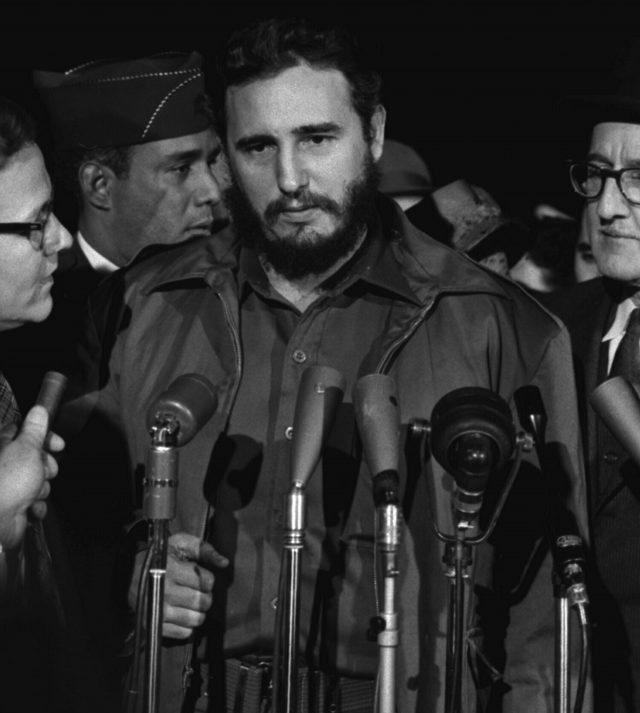
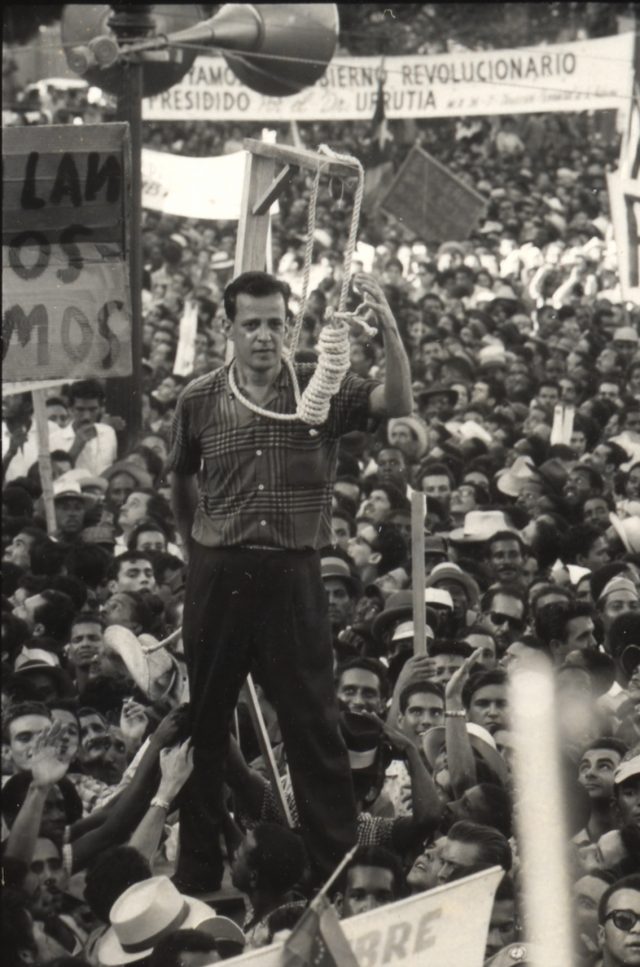
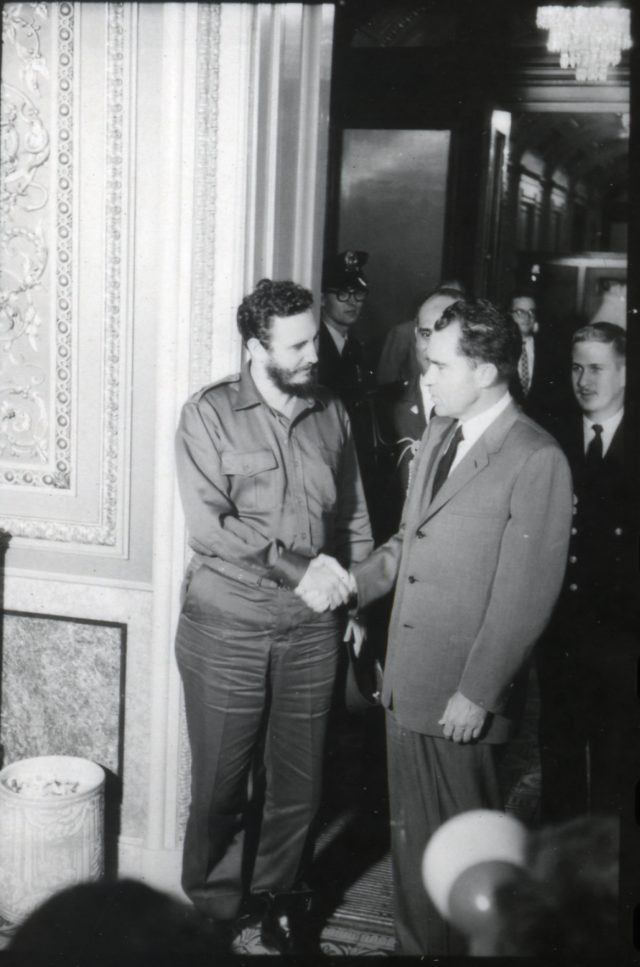
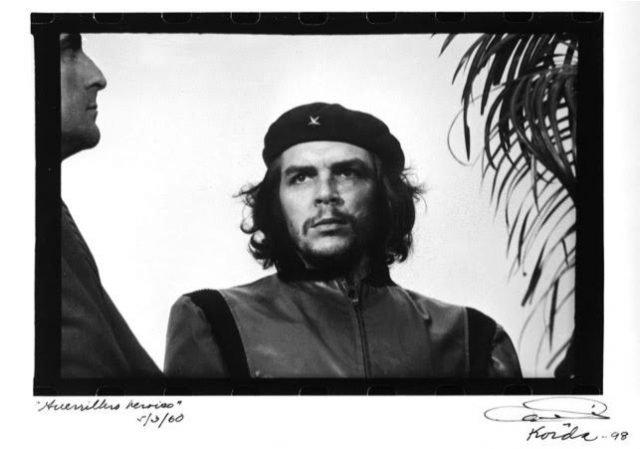
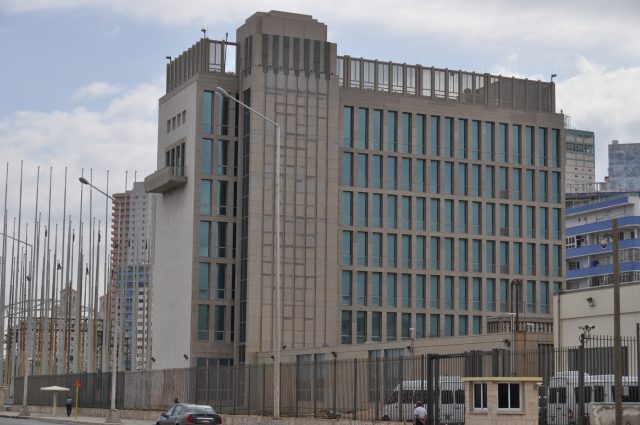
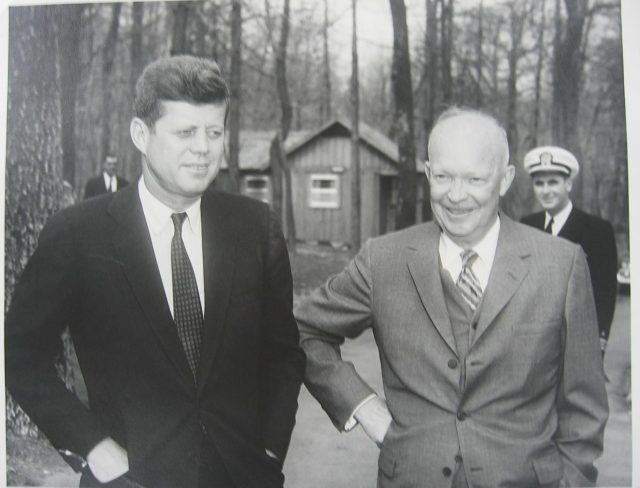

![An image from "Flora Huayaquilensis," a visual collection of South America's plants as seen by Spanish botanist Juan José Tafalla during a 1785 expedition through Peru and Chile. ([Juan Tafalla], “Flora Huayaquilensis,” ourheritage.ac.nz | OUR Heritage - See more at: http://otago.ourheritage.ac.nz/items/show/7696#sthash.r8R9WHhx.dpuf)](https://notevenpast.org/wp-content/uploads/2014/04/87bbce75b1706f7ba39ef9bcbb7c9560.jpg)
